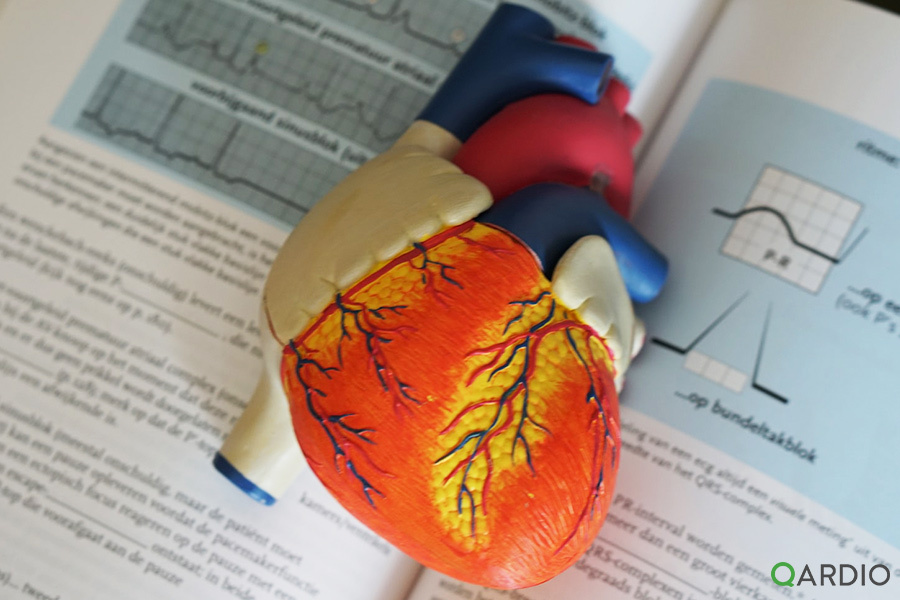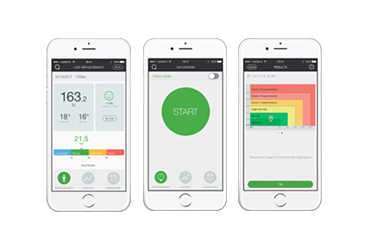Self-care is a process by which individuals maintain their health and manage illnesses through health-promoting practices. With these self-care practices, you can strengthen your physical and emotional health.
Aging is a major risk factor for certain chronic diseases such as cardiovascular diseases (CVD) and stroke. Globally, in older adults, CVD is the primary cause of death. CVD manifests as a silent condition and starts showing symptoms only after the age of 50. So it’s essential to address your risk factors as early as possible.
Here are some practical tips on self-care for your heart health:
Self-care behavior adherence
Be responsible and keep yourself accountable when it comes to following your doctor’s advice. Keep yourself informed about the medications you are taking and the side effects. According to health experts, we sometimes fail to achieve CVD treatment goals due to poor adherence to the medication regimen.
Know your risks
For better self-care for CVD, you should know your present health status and future threats to practicing adequate self-care. The American Heart Association’s “Know Your Numbers” campaign encourages people to determine their CVD risk. The five major risk factors include BP, total cholesterol, high-density lipoprotein cholesterol, blood glucose, and BMI.
Diet recommendations
It is important to adhere to dietary recommendations. Key components include:
Vegetables – dark green, red and orange, legumes, and starchy food
Fruits – whole fruits like berries, oranges, cantaloupe, etc.
Unsaturated fat oils – soybean, corn, olive, canola, and safflower
Proteins – seafood, poultry, lean meats, eggs, nuts, seeds, and soy products
Weight control
Maintaining healthy body weight is crucial to self-care behavior. Some digital interventions can be attractive tools to help with calorie control and workout routine. These tools can keep you motivated and provide support groups when needed.
Physical activity
Regular aerobic exercise is the best self-care behavior that improves your oxygen consumption leading to better sleep and quality of life. People with a sedentary lifestyle who stay inactive at home with increased screentime experience a greater risk of cardiac complications. Therefore, following a healthy and active lifestyle is essential for heart health.
Stop smoking
Never smoking or to stop smoking is an essential self-care behavior. If you quit smoking even after a CVD event, you will have a better outcome. Teleconsultations and psychological counseling can help you to quit smoking and prevent relapse.
Alcohol use
Alcohol consumption increases the risk of hypertension and cardiomyopathy. Present guidelines suggest one or two drinks each day is fine for patients with stable heart health. You should know the risk of excessive alcohol consumption and try to reduce your daily intake.
Final words
To prevent heart disease risks through self-care, you must have awareness, skills, motivation, and confidence to follow self-care practices. Many barriers, including family and community influences, may deviate you from practicing healthy behavior.
To maximize the effect of these self-care practices, they should become a part of your life. Healthy practices should be followed by everyone, irrespective of age.
A healthy lifestyle is a continuous journey and not a destiny. Practice self-care for better health and a healthy heart.
Written by Dr. Rashmi Byakodi, writer and editor of bestfornutrition.com. Dr. Rashmi Byakodi is a health and wellness writer who aims to spread awareness about health through her words. With her medical background and a passion for writing, she has been creating health content on various platforms. She believes that with the right knowledge and a healthy lifestyle, we can combat many health issues, and she strives to spread the same through her blog posts.




